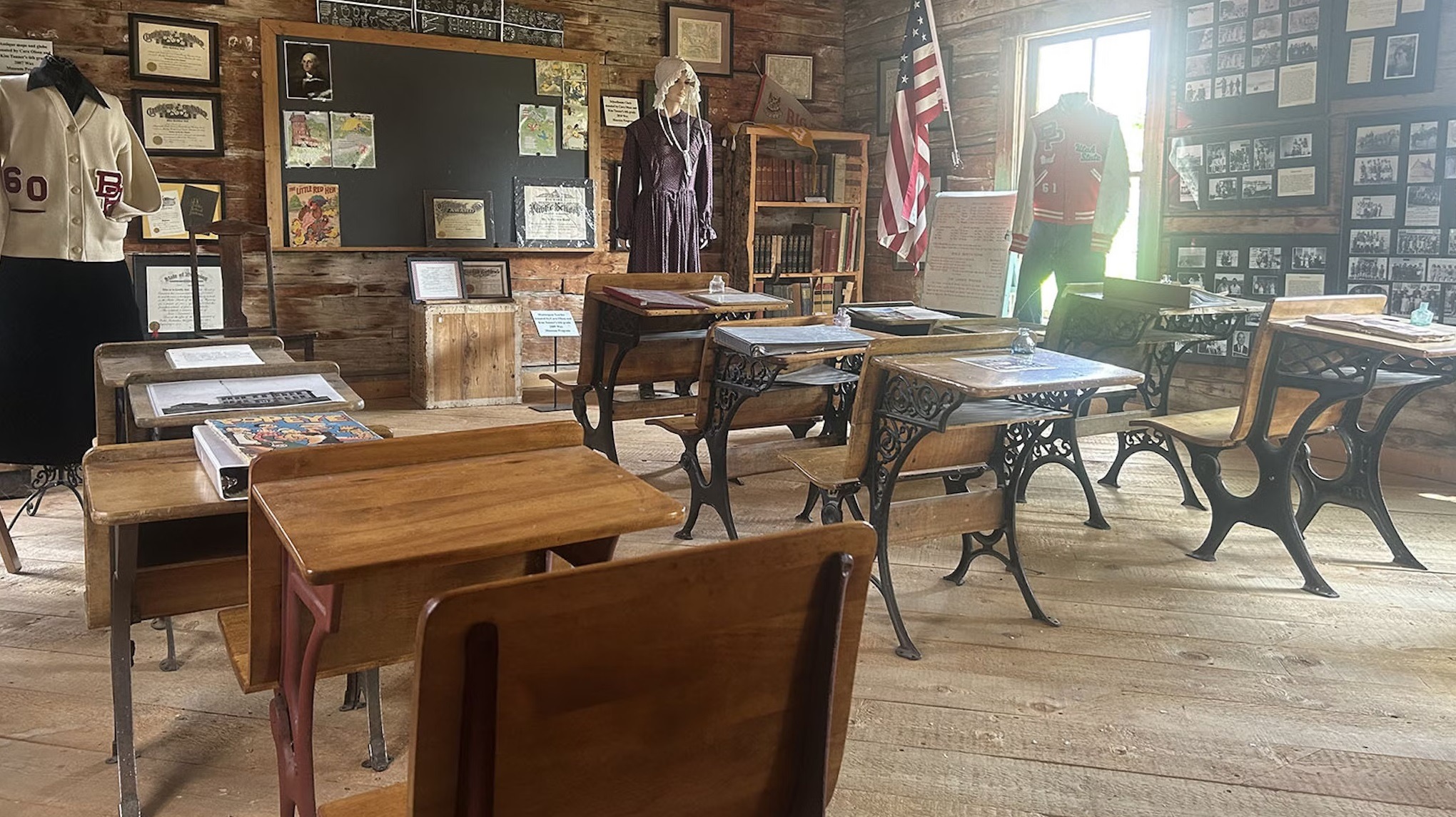The Great Gate of Kiev: Pictures at an Exhibition
- Home Page 24

Southern Style Chicken and Dumplings
This content is accessible to paid subscribers. To view it please enter your password below or send mike@standardsmichigan.com a request for subscription details.
Parent Accommodation
This content is accessible to paid subscribers. To view it please enter your password below or send mike@standardsmichigan.com a request for subscription details.
Pork Chops with Red Cabbage and Pears
This content is accessible to paid subscribers. To view it please enter your password below or send mike@standardsmichigan.com a request for subscription details.
Morning Porridge
Porridge is a dish made by boiling grains, legumes, or starchy plants like oats, rice, cornmeal, or barley in water or milk until it reaches a soft, thick, and creamy consistency. It’s often eaten as a breakfast food and can be sweetened with sugar, honey, or fruit, or flavored with spices and other ingredients.
Common examples include oatmeal, rice porridge (like congee), and millet porridge. The specific ingredients and preparation vary widely across cultures and regions.
Not to be confused with grits; a specific type of porridge made from corn, with a distinct texture and cultural role, while porridge is a broader category encompassing many grains and preparations.
It was a work of love for Sir Roger. pic.twitter.com/mAHqCcYE4B
— Adam Krell (@adamkrell) November 24, 2025
High Altitude Cinnamon Rolls & Cowboy Coffee
Net Position 2024: $1.304B (Page 22)
Old Main | 2021 Wyoming Building Code
Classes are underway at the University of Wyoming! Whether this is your first day of classes or the last time you’re starting your year as a Cowboy, good luck and we’re proud of all the hard work our Cowboys put in!#uwyo #TheWorldNeedsMoreCowboys #IAmACowboy #GoWyo #GoPokes pic.twitter.com/sev8I2pb8q
— University of Wyoming College of Arts & Sciences (@UWArtsSciences) August 22, 2022
“Ranch Life and the Hunting-Trail” | 1921 Theodore Roosevelt
Interlochen
This content is accessible to paid subscribers. To view it please enter your password below or send mike@standardsmichigan.com a request for subscription details.
Cinnamon Banana Pancakes
NDSU Net Position 2024: $570 M | Standards North Dakota | Capital Renewal Master Plan
Due to expected weather conditions, North Dakota State University Fargo campus locations will be closed Thursday, December 18.
Classes are canceled and offices are closed. NDSU will resume normal operations on Friday, December 19.
Updates to this announcement will be made on… pic.twitter.com/EcwVoAKIwm
— North Dakota State University (@NDSU) December 18, 2025
Old Main, North Dakota Agricultural College | Milton Earl Beebe, Architect
This week, NDSU is hosting the state Future Farmers of America (FFA) convention with over 1,000 students from across North Dakota. We’re excited to have these future Bison on campus as students soon! 🤘🚜#NDSU pic.twitter.com/OoMmrpHim9
— North Dakota State University (@NDSU) June 5, 2024
“The Liberals are Coming, and They’re Bringing Fancy Coffee” https://t.co/XykfCFYZgVhttps://t.co/exHU6TR2h9
America is changed by flight from miserable Blue States to better Red States—only to import the policies that created the misery they fled from in the first place. pic.twitter.com/OaVVgrTxJr— Standards Michigan (@StandardsMich) October 31, 2022
This week, NDSU is hosting the state Future Farmers of America (FFA) convention with over 1,000 students from across North Dakota. We’re excited to have these future Bison on campus as students soon! 🤘🚜#NDSU pic.twitter.com/OoMmrpHim9
— North Dakota State University (@NDSU) June 5, 2024
Breaded Pork Tenderloin Sandwich
This content is accessible to paid subscribers. To view it please enter your password below or send mike@standardsmichigan.com a request for subscription details.
Kavárna u Rotlevů
“Bureaucracy is the death of any achievement”
ISO: National Standards of the Czech Republic
UNMZ Czech Office for Standards, Metrology, and Testing
🎽 What do our students Eliška Martínková and Eduard Kubelík compete in?
🎥 They will tell you in our reel. pic.twitter.com/Tev5jZ6Vn1
— Charles University (@CharlesUniPRG) August 10, 2024
New update alert! The 2022 update to the Trademark Assignment Dataset is now available online. Find 1.29 million trademark assignments, involving 2.28 million unique trademark properties issued by the USPTO between March 1952 and January 2023: https://t.co/njrDAbSpwB pic.twitter.com/GkAXrHoQ9T
— USPTO (@uspto) July 13, 2023
Standards Michigan Group, LLC
2723 South State Street | Suite 150
Ann Arbor, MI 48104 USA
888-746-3670




















